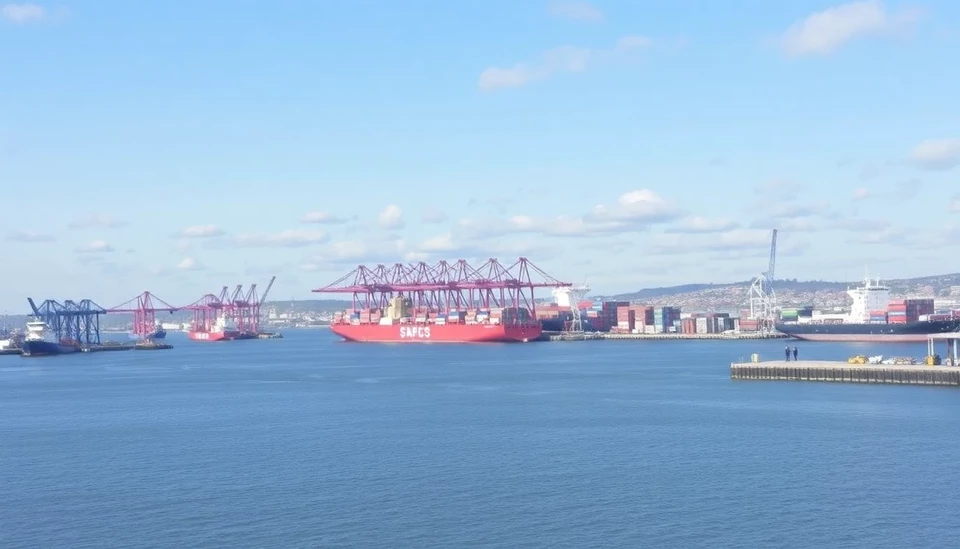
In a significant move signaling an embrace of Conservative economic strategies, Shadow Chancellor Rachel Reeves has unveiled plans to create new freeports across the United Kingdom. This initiative, which aims to enhance trade and boost economic growth, comes amidst ongoing debates about the best path forward for the UK's post-Brexit economy.
Reeves, who spearheads the economic strategy for the Labour Party, emphasized that this proposal is not merely about following Tory policies but about innovating them for the modern age. Freeports are specially designated zones where goods can be landed, handled, and re-exported without the intervention of customs, making them attractive hubs for international trade. The creation of these zones is proposed to foster job creation and attract foreign investment, which is particularly crucial given the challenges facing the UK economy in the wake of Brexit and the ongoing global economic shifts.
During her address, Reeves stated that freeports could be a vital component in revitalizing the UK’s industrial sectors, especially in regions that have been left behind in recent years. The initiative is designed to integrate with broader economic plans aimed at balancing regional inequalities, which have been essential to the Labour Party's messaging ahead of the next general election. By targeting specific areas for freeport development, such as ports in the North of England and Scotland, the Labour Party hopes to drive investment and promote sustainable economic growth.
Critics of the freeport model, however, caution that similar initiatives in the past have often led to a race to the bottom, where local labor standards and regulatory practices could be undermined in the name of attracting business. Reeves has acknowledged these concerns, assuring skeptics that her plan will include strict oversight to ensure that labor rights are respected and environmental regulations are upheld, aligning the freeport model with the government's overall goal of fostering a high-standard workforce.
The announcement is likely to appeal to a broad spectrum of businesses dissatisfied with the current economic climate. The Labour Party's strategy of embracing certain Tory ideas, including freeports, could position them as a forward-thinking alternative, attempting to capture both traditional conservative supporters and disillusioned Labour voters.
Investment analysts are watching the proposal closely, with many arguing that success in implementing the freeport model could significantly alter the UK's economic landscape. If successfully launched, freeports could spur domestic economic activities, facilitate international trade routes, and invigorate regional economies hurt by years of stagnation.
Following the announcement, business leaders have expressed optimism regarding the potential of freeports as a means of enhancing the UK’s competitiveness in global markets. With the right policies in place, freeports could become a cornerstone of the nation’s trade strategy, enhancing the attractiveness of the UK as a business destination.
In summary, Reeves’ initiative to create new freeports constitutes a strategic approach to revitalizing the UK economy while tapping into a proven model used in various countries around the world. The ramifications of this policy could shape the economic landscape for years to come, influencing not only trade but also employment opportunities and regional development.
As the public eagerly awaits more details on how this proposal will unfold, one thing is clear: Rachel Reeves is determined to make her mark on the economic narrative of the UK, intertwining traditional Conservative economic principles with her vision for a more equitable future.
#UKFreeports #RachelReeves #LabourParty #EconomicStrategy #BrexitImpact #TradeAndInvestment #RegionalDevelopment
Author: Rachel Greene




